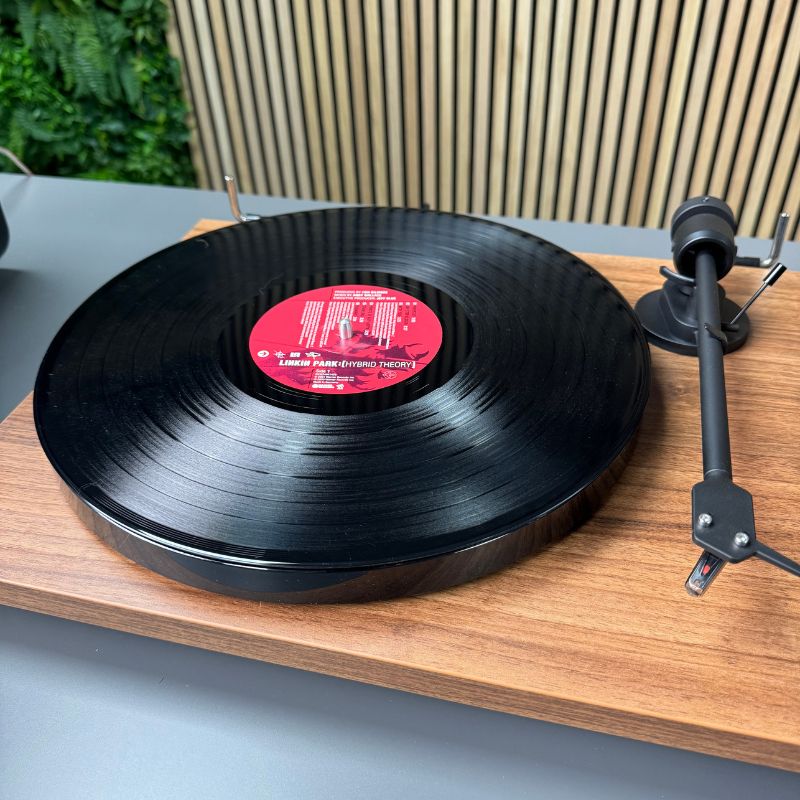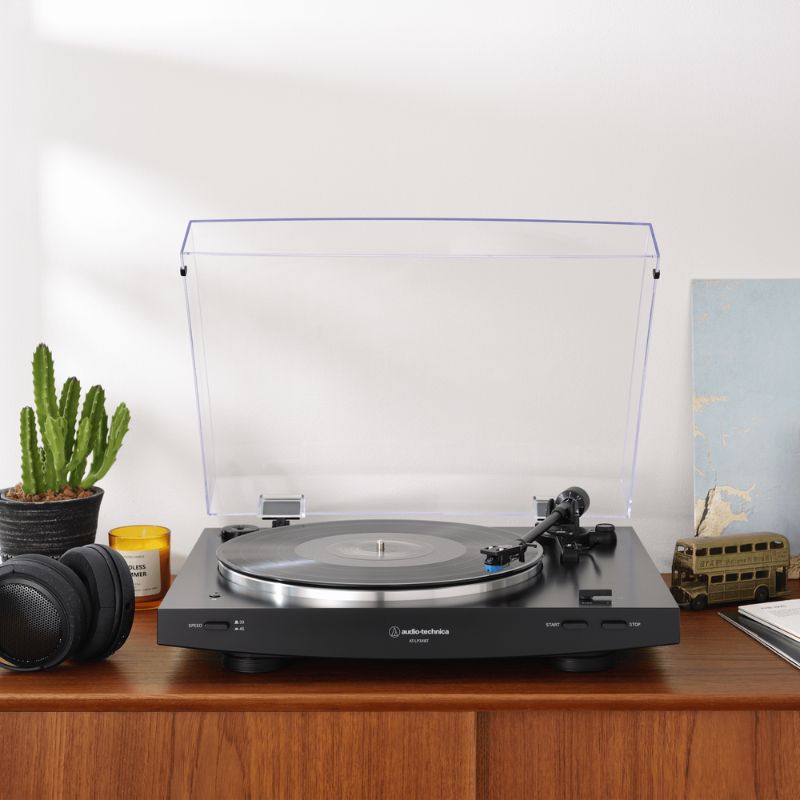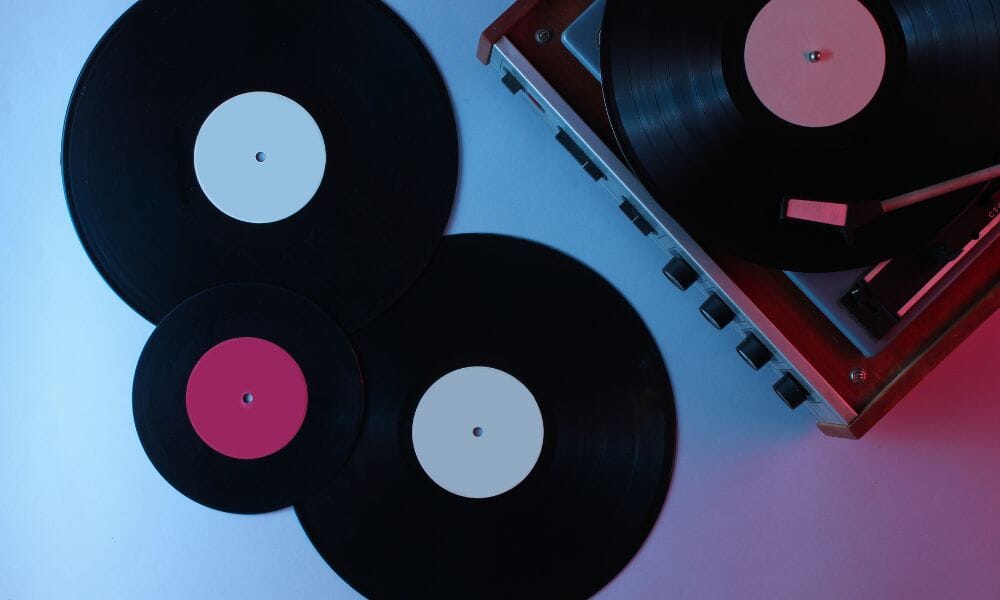Vinyl records have made an impressive comeback in recent years, appealing to both audiophiles and a new generation of music enthusiasts.
As vinyl gains popularity, questions arise about the compatibility between vinyl records and record players.
Are all vinyl records universally compatible with any record player, or do we need to consider specific factors?
In this blog we'll delve into the intricacies of vinyl record and record player compatibility to help you navigate the world of analog music.
Understanding Vinyl Records
Before exploring the compatibility between vinyl records and record players, let's first understand the basics of vinyl records.
Vinyl records are circular discs made from polyvinyl chloride (PVC) and feature spiral grooves that store analog audio information.
The size, speed, and groove characteristics of a vinyl record are crucial factors that influence its compatibility with record players.

Vinyl Record Sizes
Vinyl records come in various sizes, with the most common being:
- 12-inch LPs (long-playing)
- 10-inch EPs (extended play)
- 7-inch singles.
Each size corresponds to a different playing time and often requires a specific turntable size to accommodate the entire surface of the record.
Therefore, it's important to match the record size with the appropriate turntable size for optimal playback.
Read More: Guide To Vinyl Record Sizes & Speeds
Record Speeds
Vinyl records are categorised by their playing speed, typically measured in revolutions per minute (RPM).
The three most common speeds are:
- 33 1/3 RPM (for LPs)
- 45 RPM (for singles and EPs)
- 78 RPM (mostly for older, shellac records).
Record players are designed to play at specific speeds, so it's crucial to match the record's speed with the turntable's capabilities to ensure accurate playback.
If you're getting into vinyl records you'll find that the vast majority of records will play at 33 1/3 and 45 RPM which is common on pretty much every turntable, so you can't go wrong.
Groove Characteristics
The groove characteristics, including the depth and width, also play a role in compatibility.
Records with wider grooves, such as those found in 78 RPM records, may not be suitable for turntables designed for narrower grooves commonly found in 33 1/3 and 45 RPM records.
Using the wrong stylus or needle size can result in poor sound quality and potential damage to both the record and the stylus.
78 RPM isn't commonly found on modern turntables.
If you're planning on playing a lot of 78 RPM records then you'll need to specifically look for a compatible turntable and ensure you swap the stylus when playing these records.

Turntable Features & Adjustability
Not all record players are created equal, and their features and adjustability contribute to compatibility.
High-end turntables often come with adjustable tonearms, tracking force, and anti-skate controls, allowing users to fine-tune settings based on the specifics of the vinyl record being played.
Entry-level turntables may lack these adjustable features, limiting their compatibility with certain records.
Pretty much every turntable you'll find these days is going to be compatible with 7" and 12" records and will be able to play at 33 1/3 and 45 RPM.
So if you're new to vinyl you're going to be okay with anything you find here on our website!
As mentioned previously, if you're planning on playing older 78 RPM records then you'll need to choose a specific turntable with this speed setting.
Conclusion
To sum up and answer the question in short;
- If you're new to vinyl and want to play modern 7" singles and 12" albums then you can choose any turntable on our site. You can't really go wrong. All modern vinyl records will fit on your turntable.
- If you're planning to play older 78 RPM records you'll need to choose a specific turntable with a 78 RPM speed setting.
Hopefully you've found this guide useful and have more confidence in choosing the right record player.
If in doubt please feel free to contact us and we'll be happy to help.

